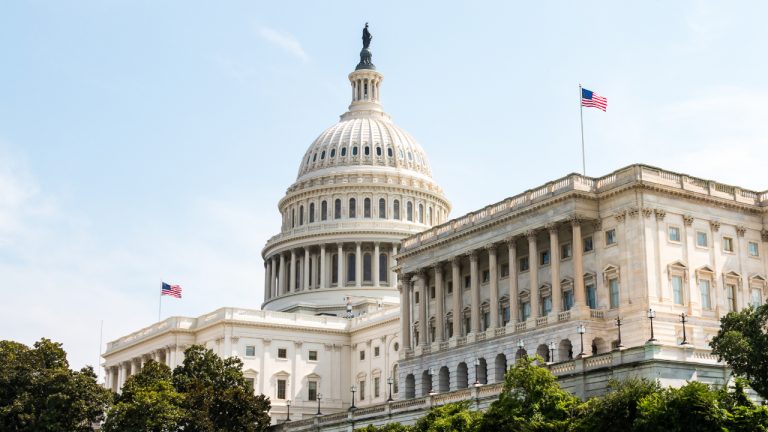
Crypto lobby defends self-hosted wallets and P2P from rumored gov't crackdown
As everyone waits on new KYC and AML regulators, many speak out to keep unhosted wallets free of controls. Major players in U.S. crypto lobbying are coming out in defense of noncustodial wallets.On Tuesday, the Blockchain Association released a new report presenting policy options for self-hosted wallets to regulators. On Wednesday, Coin Center published an expert view by Jai Ramaswamy, also defending such wallets. The Blockchain Association is a trade organization for the crypto industry, while Coin Center is a nonprofit focused on defending decentralization before policymakers. Both are....
Related News
The CEO and Co-founder of Coinbase, Brian Armstrong, was the first to mention rumors of a clampdown on self-hosted crypto wallets. For those who don't know – self-hosted crypto wallets (also known as non-custodial wallets or self-custody wallets) are a type of software that lets individuals store and use their own cryptocurrency, instead of needing […]
Congressman Davidson, in particular, sees potential Treasury action as a bad idea for everybody involved. Several members of Congress have voiced opposition to a rumored blockade on self-hosted crypto wallets in the works at the U.S. Treasury.In a Dec. 9 letter addressed to Treasury Secretary Mnuchin, four members of the Congressional Blockchain Caucus wanted answers for rumored Treasury rulemaking that would restrict self-hosted wallet usage in the U.S. The authors — Warren Davidson, Tom Emmer, Ted Budd and Scott Perry — argue that such limitations:"Would hinder American leadership and....
Four U.S. lawmakers have sent a letter to Treasury Secretary Steven Mnuchin, warning of the risks of restricting the use of self-hosted cryptocurrency wallets. Their concerns follow reports that the Treasury Department may be on the verge of imposing such strict cryptocurrency regulations aimed at self-hosted crypto wallets. Crypto Regulations That Could Make Existing Self-Hosted Wallet Users Criminals U.S. Congressmen Warren Davidson, Tom Emmer, Ted Budd, and Scott Perry sent a letter to Treasury Secretary Steven Mnuchin on Wednesday outlining their “concern regarding reports that....
Many have called the long-rumored rules an existential threat to peer-to-peer transactions. The Treasury has released its long-awaited proposal to restrict money services businesses, including U.S.-registered crypto exchanges, from dealing with self-hosted wallets.In a Friday evening announcement, the Treasury's Financial Crimes Enforcement Network, or FinCEN, announced proposed rules requiring registered crypto exchanges to verify the "identity of their customers, if a counterparty uses an unhosted or otherwise covered wallet and the transaction is greater than $3,000." The rule is....
In bitcoin's early days, there were not many options for storing coins: users had to download the Bitcoin-QT client to keep the cryptocurrency. That way, the platform storing the wallet provided as much security as the user required, with the option of keeping the client offline and encrypted - away from prying eyes searching for private keys. In the past few years, though, bitcoin has moved off the PC desktop onto web services and mobile wallets. And many of these hosted wallets, as they are called, are managed by a third party. Users relying on hosted wallets are, in essence, depending....





